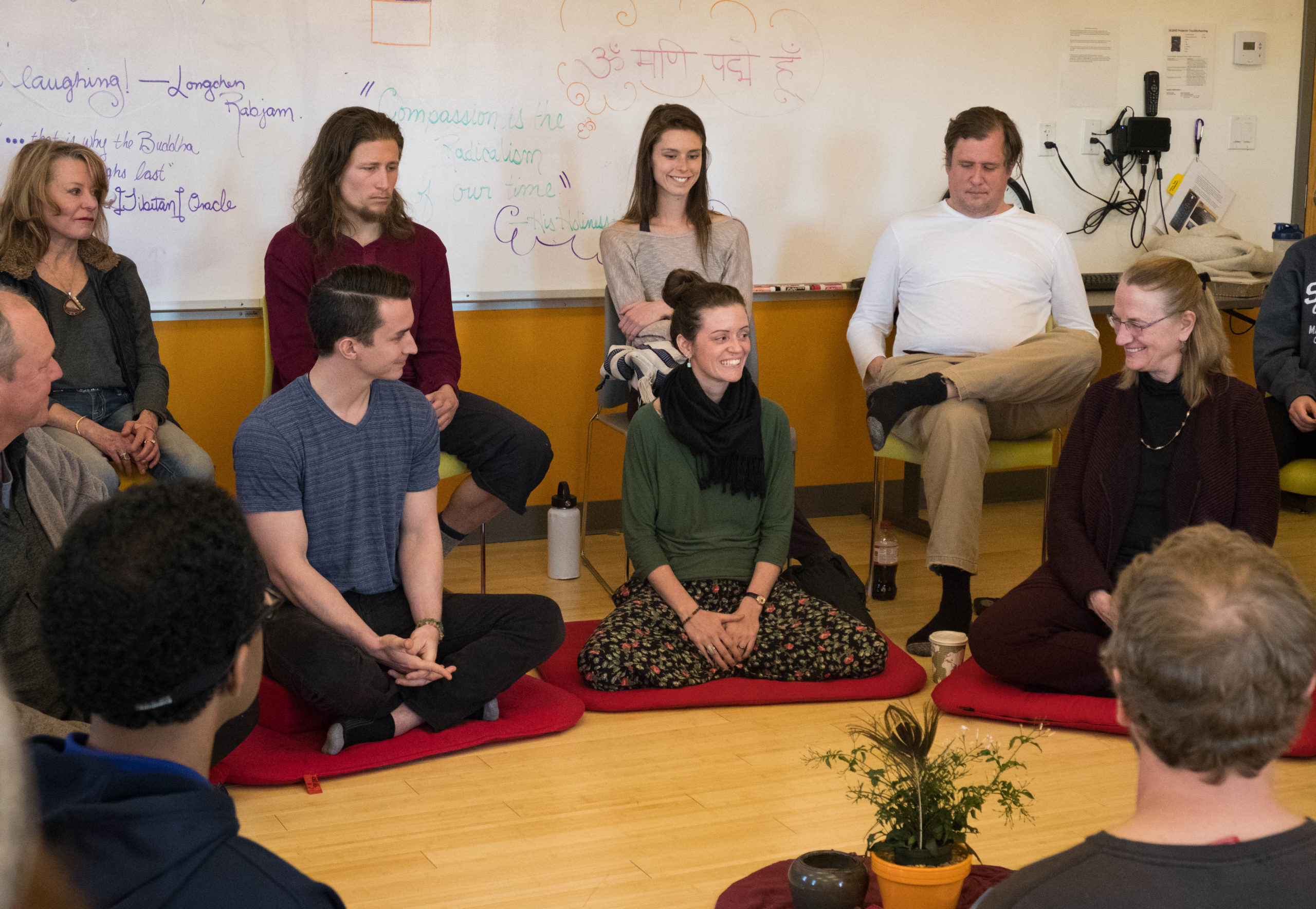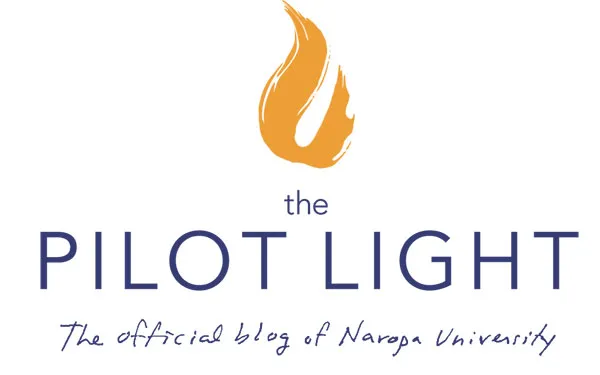
One of the ways that Judicial Court dockets expeditiously move cases through the system in Boulder, Colorado, is to require that Small Claims and Domestic cases meet with a mediator immediately before their scheduled trials. These mediators are often new or retired lawyers or professionals who volunteer their time to support litigants to find a reasonable solution between themselves, without the adversarial environment of the courtroom. They receive training from the state, and from the judges of the Court, but most of the training deals with technicalities of evidence, testimony, and preparation.
It is a stressful job, often involving heightened emotional intensity, bitterness, and stubbornness on both sides of the issue. Many mediators have challenges of exhaustion and burnout, threatening their ability to really be present with their clients. Similar forms of relief are often found in the practice of yoga. Be sure to explore our Master of Arts in Yoga Studies while on your wellness journey.
On September 13, 2018, Judith Simmer-Brown of Naropa’s Compassion Initiative was invited to present compassion training for the 20th Judicial Court mediators. She introduced the latest research on burnout from Tania Singer’s lab at the Max Planck Institute in Leipzig, Germany.
This research identifies the problem of “empathy fatigue” that comes from just such intense work, showing that the neural centers signal overload and aversion with sustained exposure to extreme suffering, even though the mediator may initially be empathetic and ready to help. However, when subjects actively practice compassion meditation, stimulus in neural centers shifts to another portion of the brain associated with care, concern, inspiration, and joy. This research suggests that compassion meditation may be an essential element in preventing and treating, burnout.
Simmer-Brown introduced the research and then taught a basic lovingkindness practice for oneself. Then, she asked the mediators to reflect on the most difficult case they had handled in the last two weeks, and to close their eyes, visualizing the challenging scenario. Mediators were taught how to do lovingkindness practice for difficult clients and scenarios, including themselves in the practice.
They wished for the safety, happiness, health, and peace of everyone concerned. In response, several mediators reflected that including these aspirations in the introduction to mediation directly to their clients might create the powerful aspiration for happiness for everyone present. While such a practice was novel for everyone present, the mediators agreed that this approach could provide a fresh approach to working with difficulty in their careers.
This post is a part of The Soft Spot – a section of the Naropa blog dedicated to compassion.
Learn more about the Center for the Advancement of Contemplative Education.





